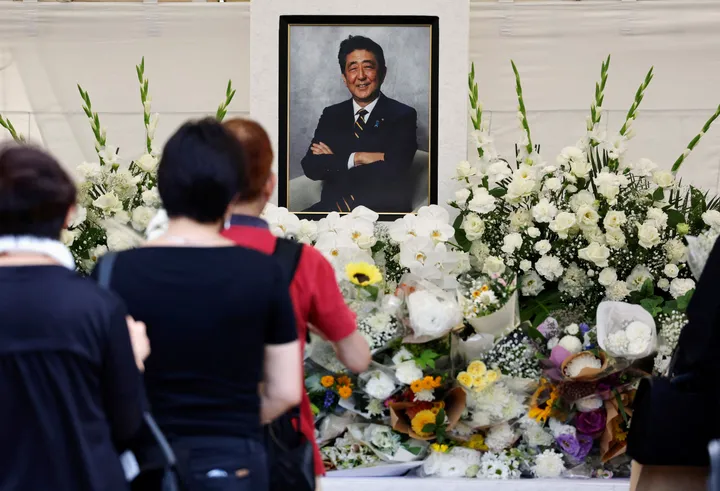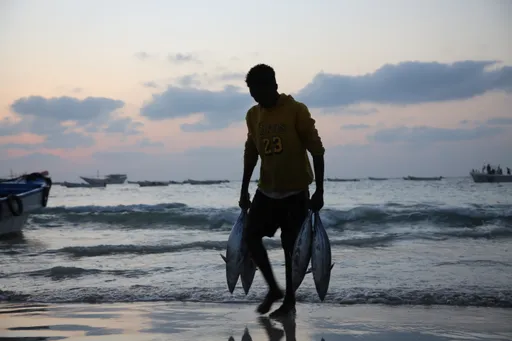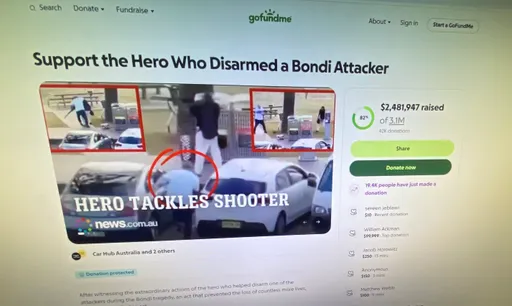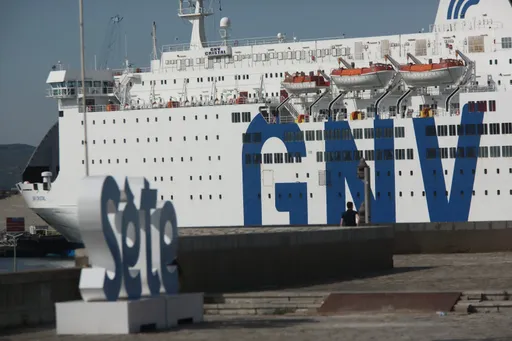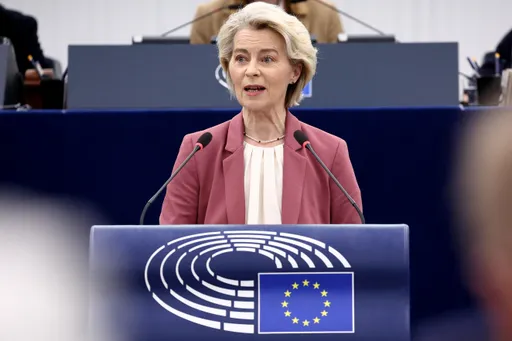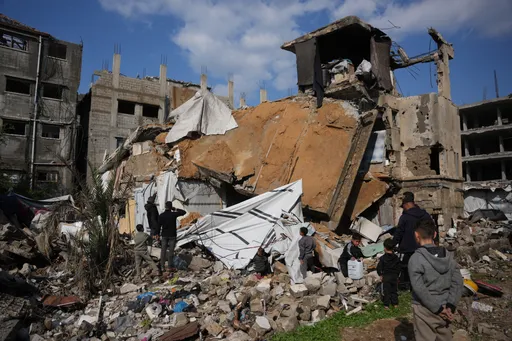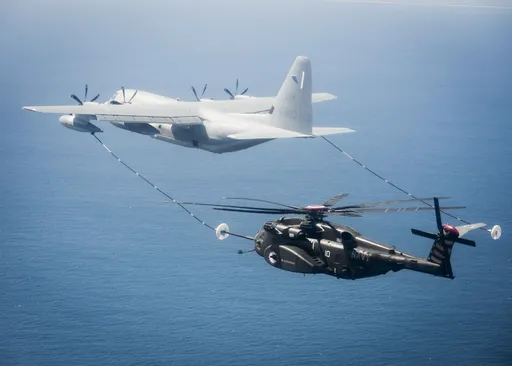As India’s Prime Minister Narendra Modi took over the G20 Presidency at the end of the group’s Bali summit in November last year, he stressed the need for inclusive universal development. Experts and critics wondered whether India could bridge the divide between member nations during its Presidency, given the country’s own strategic partnership with the US-led West and its historical ties with its close friend Russia.
A year later, as New Delhi hosts the meeting of the world’s leading industrialised and developing economies on September 9 and 10, a consensus in the room remains elusive. Modi’s omnipresent face is plastered across billboards in the capital city. The ruling Bharatiya Janata Party (BJP) has promoted the narrative that what is a rotational Presidency is actually a major foreign policy achievement. And as India braces itself for the next big parliamentary elections in a few months, electoral gains are on the table for Modi, who stands to win points thanks to the favourable optics the summit provides.
But India’s domestic political narrative aside, a joint communique is likely out of sight at the end of the summit. In the absence of an official statement or a Leaders’ Declaration, an outcome document, which is the summary of key decisions G20 leaders make, as well as Chair’s Summary may be issued. This summary would cover some of the areas where consensus failed, while highlighting what was achieved during the summit. Of the approximately 150 paragraphs comprising the Delhi Declaration, which recognises the need to counter the use of new and emerging technologies for terrorist purposes, some paragraphs still need to be cleared by the top G20 leaders due to differences in the language used to refer to the Ukraine war.
In Bali last year, last-minute negotiations helped work through a Leaders’ Declaration that said, "Most members strongly condemned the war in Ukraine and stressed it is causing immense human suffering and exacerbating existing fragilities in the global economy."
As a footnote, it mentioned that, "There were other views and different assessments of the situation and sanctions." But with no political resolution in sight and the Ukraine war now protracted, neither China nor Russia agree to the language used in the Bali Declaration with regards to the conflict.
The Russian delegates now insist that the Delhi Declaration must also cover the consequences of Western sanctions, arms and ammunition support flowing into Ukraine and the role of other players in the war that has been contributing to further disagreement.
A divided house
India has hosted over 20 G20-related events across the country in the last year. But during this time, the world’s premier economic collective has remained hostage to geopolitics with no joint declaration issued after a single ministerial meeting. Even without the presence of Biden, Xi and Putin, the negotiations remained heated, with the India-China rivalry only adding to the divisions in the room.
Beyond bilateral territorial disputes, the elephant and the dragon are also bickering over a philosophical imprint on the final G20 outcome document. Chinese negotiators argue that India’s overarching G20 theme of ‘Vasudhaiva Kutambakam - One Earth. One Family. One Future’ - is inspired by China’s ‘One Belt, One Road’ (OBOR) or Belt and Road Initiative (BRI) vision that seeks to develop two new trade routes connecting China and the world. Beijing argues the OBOR vision should be reflected in the Delhi Declaration, but India is opposed to the ambitious trade route-cum-global infrastructure project conceptualised by China in 2013. The opposition is mainly rooted in two factors — first, BRI’s flagship China-Pakistan Economic Corridor project (CPEC) passes through disputed territory in Pakistan-administered Kashmir; second, there are concerns about unsustainable debt burdens of the project that may be incurred by smaller, poorer economies.
The group also remains divided over the Ukraine war, which is continuing into its 18th month. Russian President Putin had informed Modi of his inability to attend the summit — absent for the second time in a row after skipping 2022’s Bali meeting. As in Bali, Russia’s Foreign Minister Sergey Lavrov was chosen to do the fire-fighting in the plenary session. The Kremlin read-out said Putin would focus on ‘special ops’ in Ukraine — a euphemism for the military offensive that has no political resolution in sight. With the war protracted and the battleground increasingly unpredictable, the conflict seems to be turning into Europe’s own Afghanistan or Iraq.
Signalling to the West
With Xi Jinping deciding to skip a physical G20 meeting for the first time, Chinese Premier Li Qiang will be present at the National Convention Centre Bharat Mandapam in New Delhi in his place in what is being seen as an apparent snub to India. Relations between the two Asian rivals worsened since the bloody clashes between the Indian Army and Chinese military in June 2020 in Galwan at the Line of Actual Control on the Himalayan border. Troops remain in a tense standoff in the disputed territory and Modi and Xi have since engaged only briefly in conversations — at the sidelines of the Bali summit last November and at the recent BRICS (Brazil, Russia, India, China, South Africa) summit in Johannesburg. For Beijing, India is an irritant, for New Delhi, China is the main challenger to its growing geopolitical clout. India has managed a steady growth following the pandemic while reports are emerging of internal economic and political troubles in China triggered by its strict ‘zero-Covid’ lockdown policy. Through his absence in New Delhi, Xi is testing India’s clout on the world stage; he is also sending a message to the G20 group.
Xi was, however, present at the 15th BRICS summit just a few days ago. The bloc held its founding summit in 2009 in Yekaterinburg in Russia when the world was reeling from a financial crisis and China appeared to be an economic bright spot. During the latest summit, for the first time since 2011, the group — initially pushed by China and then backed by the other G20 members — arrived at a consensus, agreeing to admit six new members, who are formally set to join in January 2024. Once expanded, the bloc will include six of the top 10 oil-producing global economies.The BRICS forum is seeking ways to enhance bilateral trade between members of the group in national currencies to reduce dependency on the US dollar. This will help both Russia and Iran, who face Western sanctions, and China, which is at the epicentre of global confrontations.
From the Shanghai Cooperation Organisation (SCO) to BRICS, Xi has been increasing his foothold in multilateral forums that are not led by the US or Western critics — forums where middle countries are not forced towards specific power camps. Incidentally, these are also forums where India and China are competing to become the voice of the Global South, which is disillusioned with the Bretton Woods financial Institutions and the inability of the United Nations Security Council to reform itself to reflect changing times. Indian strategic experts argue the current divisions within G20 are rooted in the ‘developed world,’ which has not been able to make financial and security institutions more inclusive and work in tandem — even following a pandemic that drastically impacted global supply chains.
So is G20 already a lost cause? Is the New Delhi Summit — which will see Presidents Biden, Erdogan and Macron as well as Prime Minister Sunak, among other heads of states in attendance — be inconsequential without the presence of Putin and Xi? The answer is no. Not all is lost. There is still room for progress.
A path towards progress
The G20 — comprising Argentina, Australia, Brazil, Canada, China, France, Germany, India, Indonesia, Italy, Japan, Mexico, Russia, Saudi Arabia, South Africa, South Korea, Türkiye, the United Kingdom, the United States and the European Union — represents around 85 percent of the global GDP. Neither BRICS nor the SCO compare to the global trade — 75 percent — accounted for by the G20. In its bid to be more inclusive, the G20 this year has also invited nine non-member countries to its weekend summit in New Delhi. The countries include Bangladesh, Singapore, Spain and Nigeria. International organisations such as the United Nations, the World Health Organization, the World Bank and the IMF will also attend the event.
One of India’s core objectives has been to represent lower- and middle-income countries. Earlier this year, India hosted The Voice of Global South Summit which witnessed the participation of 125 countries. To address challenges faced by poorer countries, India in its Presidency also mandated an expert group to look into multilateral development bank reforms. The committee co-convenors are NK Singh, chairman of the 15th Finance Commission of India, and former US Treasury Secretary Lawrence Summer. The committee has been pushing for more substantial financial spending by multilateral banks to help developing economies with sustainable development and climate goals.This is also a step to rein G20 in and pull it back to its core, original mission of fixing the world economy and addressing debt-restructuring challenges for lower-income nations.
Climate finance remains another area of focus, despite differences over language related to such topics as carbon emissions and peaking. The working group on digital public infrastructure has achieved success in laying the foundation for a ‘One Future Alliance’ amongst ‘like-minded’ countries that seek to improve governance with the help of technology.
In its G20 Chairmanship, India has also pushed for the African Union — the continental body of 55 member states — to be admitted to the bloc on par with EU status. The decision is expected to be announced at the summit as a positive takeaway. For the G20 to stay relevant, the challenge will lie in finding a way back to a consensus-driven economic agenda, lest the group begins to split between Western and non-Western powers.


